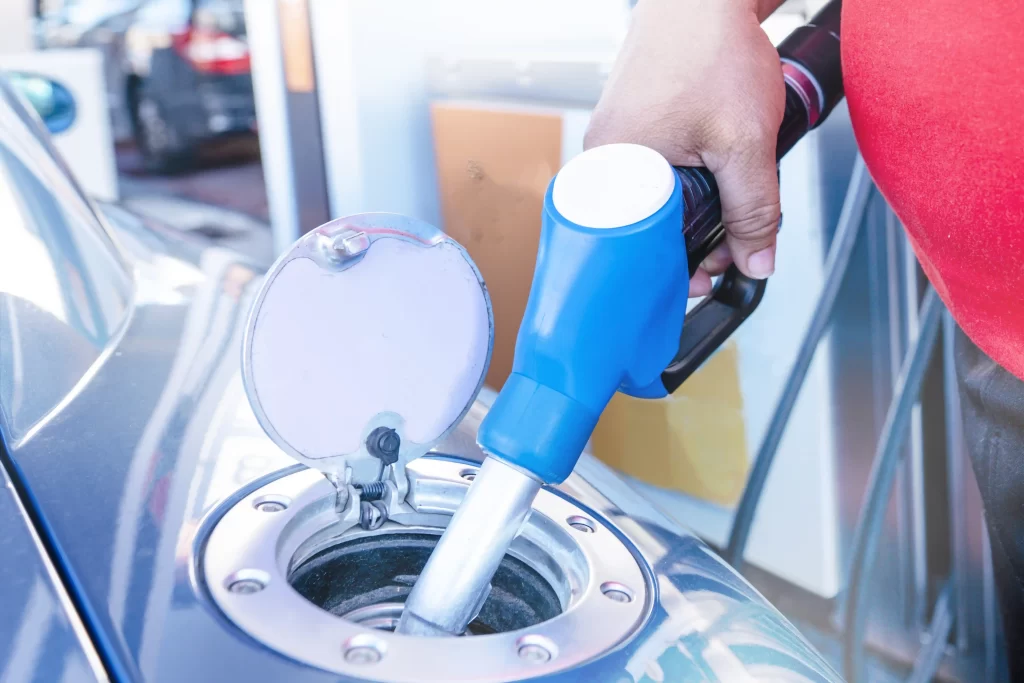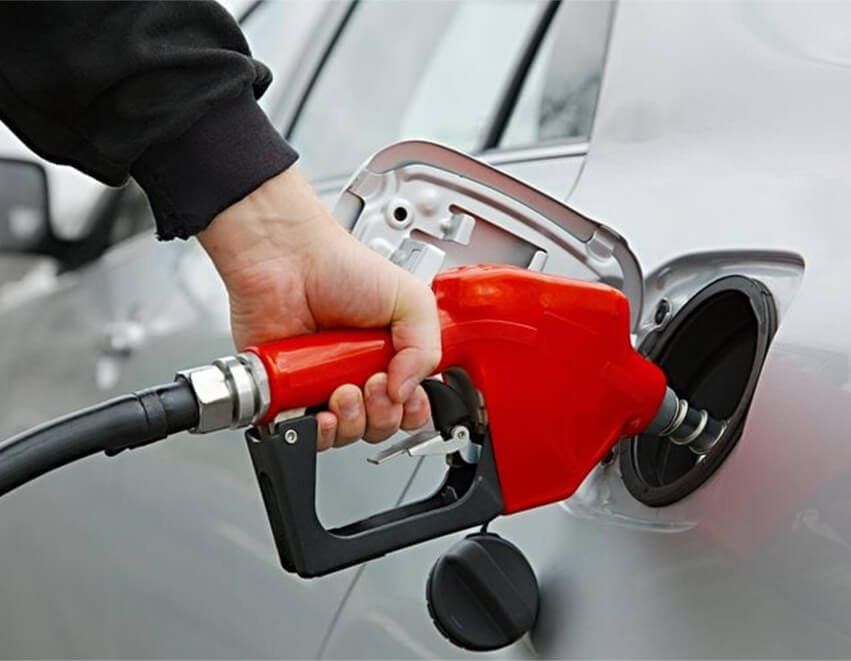Ever grabbed the wrong nozzle at the pump? You’re not alone. A Go Compare study reveals 1 in 5 drivers have made this costly mistake. The research shows striking patterns: 24% of male drivers have misfuelled compared to 17% of women, with younger drivers aged 25-34 being most prone to this error. What’s more concerning […]

Ever grabbed the wrong nozzle at the pump? You’re not alone. A Go Compare study reveals 1 in 5 drivers have made this costly mistake.
The research shows striking patterns: 24% of male drivers have misfuelled compared to 17% of women, with younger drivers aged 25-34 being most prone to this error.
What’s more concerning is that 83% of insurance policies don’t cover misfuelling damage, leaving many drivers exposed to potentially expensive repairs.
What actually happens when you put the wrong fuel in your tank? How can you prevent this common mistake? And if it does happen, what should you do next? Let’s explore how to protect yourself from this costly error.
Gasoline and diesel might both power engines, but they couldn’t be more different in how they work.
Diesel engines rely on compression ignition, meaning the air inside the engine is compressed until it’s hot enough to ignite the diesel.
Gasoline engines, on the other hand, use spark ignition, where a spark plug ignites a pre-mixed fuel-air combination.
Diesel fuel also acts as a lubricant for engine components, reducing wear and tear. Gasoline, being more of a solvent, strips away that lubrication, leading to increased friction and potential damage.
These differences highlight why the wrong fuel can wreak havoc on your engine.
Putting gas in a diesel engine has both instant and long-term effects.
The moment gas enters a diesel engine, trouble begins. Here’s what you might notice:
Ignoring the problem can lead to serious damage:
These issues typically affect performance and can also be expensive to fix.
Can I Put Gas in a Diesel Transfer Tank?
It might seem like the reverse scenario wouldn’t be as bad, but diesel in a gas engine is no walk in the park.
Gasoline engines depend on precise fuel-to-air mixtures for combustion. Diesel’s higher viscosity and combustion properties throw off that balance, leading to fouled injectors and other mechanical headaches.
Mixing gasoline with diesel or vice versa can quickly turn into a pricey mistake. The cost depends on how far the contamination spread, which components were affected, and how complex your vehicle’s system is.
If you spot the error before starting the engine, you’re looking at $200 to $500 for a fuel tank drain. But if the engine runs, the fuel will circulate, causing damage that pushes costs well into the thousands.
Vehicles with intricate systems or luxury models come with steeper repair bills. Labor rates range from $100 to $200 per hour, and severe contamination could total over $3,000 for repairs.
Filling up with the wrong fuel can feel like a disaster, but acting fast can limit the damage.
Diagnosing fuel contamination requires a mix of visual checks and advanced tools.
Mechanics start by inspecting the fuel system. Signs like varnish-like deposits on filters or injectors hint at contamination.
Fuel samples are tested to identify gasoline or diesel in the system. Clear containers help separate and detect contamination layers.
Scanning tools pinpoint problems like misfires or low compression caused by improper combustion. Mechanics also monitor sensor data to confirm contamination and assess its impact.
Misfuelling can be avoided with a little preparation. Let’s ensure your engine stays in top shape with these practical steps.
Clearly label your fuel caps with “Diesel Only” or “Gas Only.” It’s a quick fix to eliminate second-guessing at the pump.
If multiple people use your vehicle or you manage a fleet, make sure everyone knows the correct fuel type. A short chat saves you from expensive repairs later.
Devices like misfuelling prevention nozzles are an easy way to block incorrect fuel pumps. They’re simple to install and save you from potential headaches.
Choose gas stations that maintain their pumps and display fuel types clearly. A well-organized station reduces the chances of mistakes.
If you’ve ever panicked after grabbing the wrong pump handle, you’re not alone. Misfuelling can be costly, frustrating, and downright avoidable with the right tools. That’s where Aocheng steps in.
We design products that simplify fueling while reducing the chance of mistakes. Here’s some info:
Our fuel dispensers are built with accuracy in mind. The clear displays and precise mechanisms make sure you get the right fuel, every time.
Whether you’re managing diesel for heavy machinery or gasoline for a fleet, our pumps handle the transfer smoothly. They’re efficient, durable, and help prevent contamination, keeping your engine safe.
Ever wondered if the nozzle could do more than just pour fuel? Our nozzles are designed to fit perfectly, minimizing the chance of accidental cross-fueling. Plus, they’re easy to handle, making the whole process a breeze.
Explore our products and see how Aocheng can make your fueling experience safer and easier. After all, when it comes to your engine’s health, why leave anything to chance?
Your engine struggles to run, misfires, and might stall entirely. Gasoline disrupts diesel’s lubrication, damaging components like fuel injectors and pumps.
Yes, even a little gas can wreak havoc. It compromises the engine’s combustion process, leading to costly repairs.
Even 1% contamination can cause issues. Anything beyond 5% could mean severe engine trouble.
Stop driving immediately. Call a professional to drain and flush your tank before the contamination spreads.




